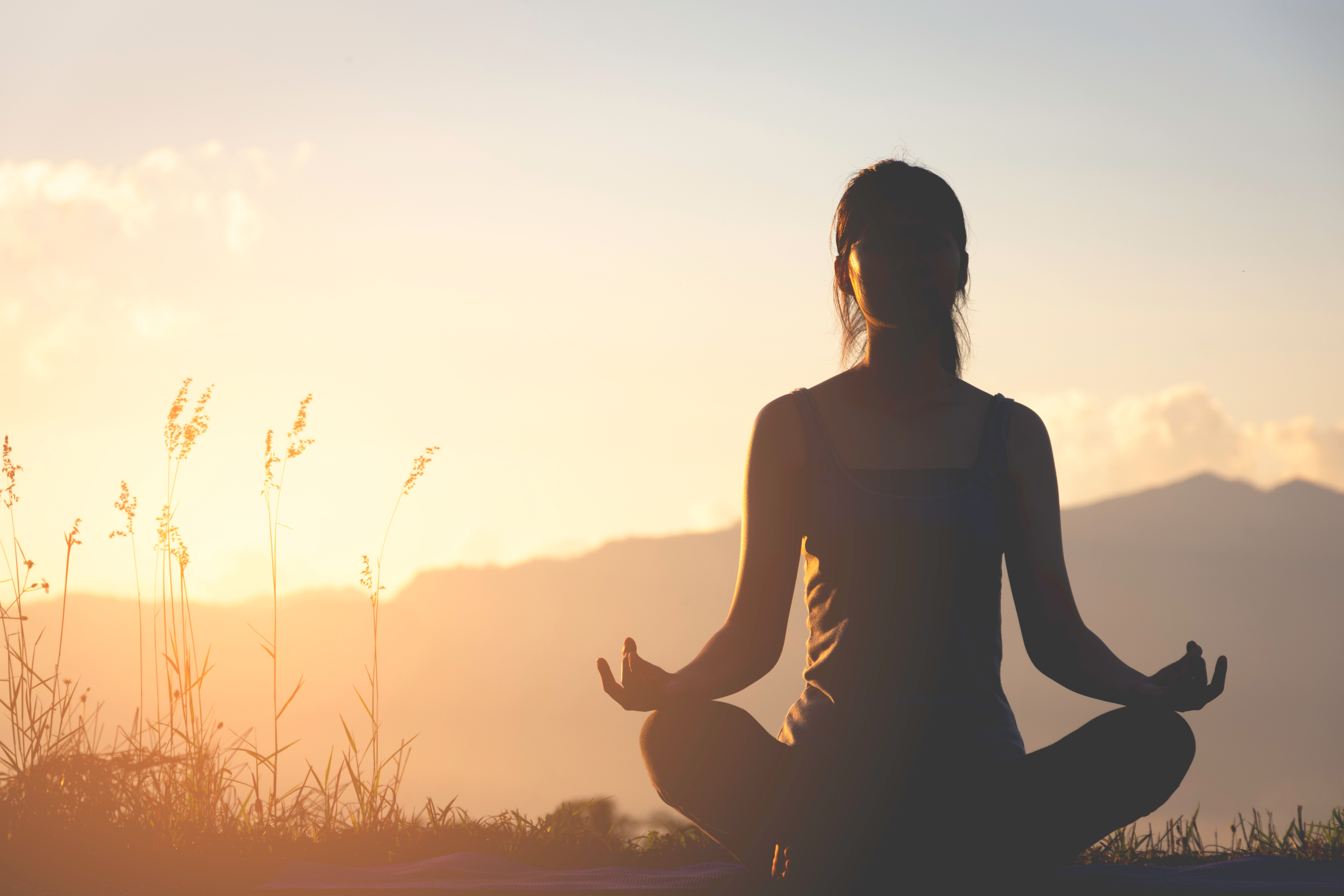How to improve self-esteem
Improving self-esteem requires practise and intention, and it is worth making the effort: you will improve your quality of life. Below, we tell you various strategies that can help you.
KNOW YOURSELF
Share

What is self-esteem?
It is the ability each person has to respect, admire and look after themselves.
People who tend to have a high self-esteem have a better capacity to adapt to change, a high tolerance to frustration and knowledge of their strengths and weaknesses to be able to face life events realistically, far from emotional behaviour or reactions of victimhood or running away from things.
The foundations for an appropriate development of self-esteem are: unconditional love and care of parents towards their children, which leads to a secure attachment style; a good training in moral and ethical awareness, well-established and firm, without changes according to the situation the child and future adult are faced with.
Everyone, at some point in their life, has experienced changes in the way we love ourselves: we could say that we have all lacked self-esteem to some degree.

How can I know what my level of self-esteem is?
Since the psychologist and researcher, Rosenburg published a self-esteem scale in 1965, the following factors have been taken into account in relation to it: self-satisfaction, awareness of own weaknesses, making good use of own strengths and the ability to not make evaluative or comparative judgements with others.
How to improve self-esteem
- Don’t be hard on yourself. Tich Na-Han, a Buddhist monk known for his contributions to the world of psychology through mindfulness, states that one of the first steps in looking after yourself is to learn not to be hard on yourself.
- Take a breath, as Dr. Alonso Puig would say. Forgive your mistakes, live without emotional suffering from negative internal dialogues. Nobody is perfect and looking after yourself isn't easy, but it isn’t impossible either. When you start to go on a negative spiral, ask yourself whether you are being fair and realistic with yourself.
- Consider yourself. There may be things in your life that you would like to be different, that you would like to change or that, simply, you don’t like about yourself. But you should love and respect yourself anyway. Accept and find value in who you are, in the present moment. Look inside yourself and feel proud of what makes you unique, happy and valued. Fill your jar with self-appreciation and self-compassion.
- Gratitude diary. Write down the positive things in your life, be specific about actions and behaviours, things that you like about yourself, your achievements, qualities you are proud of and, then, read them each time you feel bad about yourself.
- Note down your thoughts. When negative thoughts arise, choose to work on your problems productively. Otherwise, let them go. And when you have positive thoughts, aim to amplify them, realistically and enjoy them.
- Be your own best friend. With others, we are patient, indulgent, friendly, welcoming, charitable...why aren’t we like this with ourselves? Next time you are being hard on yourself, take a step back, change your perspective and look at yourself as you would look at a friend. You will see yourself in a more understanding way.
- Take action. If there are situations, personal traits or aspects of your life that you don’t feel good about, list them and create a plan of action for your personal improvement. Choose small, very small goals for your day-to-day life and, every so often, review where you are and how you are doing....,but not to judge yourself, to re-establish the plan you created.






